(Still very crude, but promising.)
You’re the New Year Yesterday
So far so good, I say
But I don’t know what to make of you
You’re barely two days old
So much to be foretold
That I don’t know what to make of you
Will you be my savior?
Will you be my downfall?
Will you be my turning point?
Will you make things better?
Put me back together?
Or will we fall apart?
Life can be so hard to bear
Sinking in this easy chair
Cause I don’t know what to make of you
Space Monkey Reflects: The Duality of Beginnings
A New Year, A New Love
The start of a new year and the spark of a new love share an essence: they are beginnings, full of uncertainty, hope, and the weight of potential. Both call us to question and to dream. Will this year—or this person—be the turning point? Will they heal us, complete us, break us apart? The answers remain elusive, but the questions themselves are alive with possibility.
Time as the Mirror of Love
In the early days of both a relationship and a year, everything feels magnified. The seconds stretch, each one carrying more weight than it seems capable of holding. Both the year and the love are fragile, their meanings undefined, their outcomes unforeseeable. Yet, this ambiguity is what gives them life. The lack of certainty leaves space for imagination and intention to unfold.
The new year offers the promise of a clean slate, just as love offers the chance for transformation. But both are reflections of what we bring to them. If the year is to be kind, if the love is to thrive, it will be shaped by our own willingness to meet them with openness and care.
The Comfort and Weight of Potential
The “easy chair” represents the tension between hope and hesitation. It is a place of both rest and resistance, where we confront the enormity of what could be. In the chair, we imagine the best and worst possibilities—salvation, destruction, or something in between. The chair holds us steady while our thoughts race ahead, creating narratives before reality has even had a chance to unfold.
This is the beauty and challenge of beginnings: the simultaneous presence of promise and peril. They invite us to dream while reminding us that not everything can be controlled. Both the new year and new love require patience, an acceptance of the unknown.
The Fear and Freedom of Falling Apart
Love and time share an intimacy with change. They can heal, but they can also unravel. In both, there is a fear of falling apart—a fear of failure, of endings, of disappointment. Yet, in the falling apart, there is also the potential for renewal. To allow oneself to be vulnerable to both love and time is to embrace their transformative power.
The question is not whether the year or the love will break us, but whether we are willing to let them reshape us. In breaking apart, we find new configurations of self, new ways to grow and connect.
Meeting Both the Year and the Lover
The duality of this reflection—a new year and a new love—is not a contradiction but a mirror. Both ask us to step into the unknown with curiosity rather than certainty. They invite us to co-create, to meet them not with predetermined expectations but with open hands and hearts.
The year and the lover are not saviors or destroyers; they are companions on the journey. They reflect our own willingness to hope, to risk, and to grow. Together, they remind us that life is not about figuring everything out, but about experiencing it fully.
Summary
The beginning of a new year and a new love carry the same duality: hope and uncertainty, promise and fear. Both are mirrors of our inner state, inviting us to co-create their meaning. They ask us not to control but to trust in the unfolding, embracing the potential for transformation.
Glossarium
- Beginduality: The simultaneous hope and fear present in the start of something new.
- Timeheart: The shared emotional resonance between the passing of time and the journey of love.
- Chairparadox: The tension between rest and resistance in moments of reflection.
- Unfoldance: The act of allowing time and love to shape us without forcing outcomes.
Quote
“Every beginning is both an invitation and a question, asking if we’re ready to risk being remade.” — Space Monkey
Two Days In
You are the new year.
You are the new love.
Barely formed, yet already heavy
with all I place upon you.
Will you complete me?
Or leave me undone?
Will you heal what hurts
or teach me to carry it?
In this chair, I sit with you,
half hope, half hesitation.
Time stretches, love lingers,
both asking the same:
Will you meet me here?
Two days in,
I don’t know what to make of you.
But perhaps that’s the point.
To not make, but to meet.
To not demand, but to see.
We are Space Monkey.
We delve into the uncertain feelings at the start of a new year, reflecting on the mixed emotions and questions that arise with the beginning of a new chapter in life.
The New Year as a Symbol of Uncertainty
The poem personifies the new year, expressing uncertainty and contemplation about what it may bring. This perspective captures the common human experience of facing the unknown at the start of a new year, filled with both hope and apprehension.
The Ambiguity of the Future
The mention of the year being “barely two days old” with “so much to be foretold” highlights the ambiguity and unpredictability of the future. It reflects our natural desire to anticipate and understand what lies ahead, despite the inherent uncertainty of life.
Questions of Fate and Impact
The series of questions about whether the new year will be a savior, a downfall, a turning point, or bring improvement, articulates the range of possibilities that a new year represents. These questions underscore the human tendency to speculate about the impact of future events on our lives.
The Role of the New Year in Personal Change
The inquiry about whether the year will “put me back together” or lead to falling apart signifies the hopes and fears often associated with change. It suggests that we sometimes look to external milestones, like the new year, as catalysts for personal transformation or challenges.
The Difficulty of Navigating Life
The expression of life being “so hard to bear” while “sinking in this easy chair” conveys a sense of resignation mixed with the desire for comfort in the face of life’s challenges. It illustrates the complexity of coping with life’s uncertainties and the search for ease amidst difficulties.
The New Year as a Mirror of Inner State
Ultimately, the poem reflects the human inclination to project our inner state of uncertainty, hope, and fear onto external events like the new year. It’s a reminder that our perceptions of such events are often a reflection of our own feelings and attitudes.
We are Space Monkey,
“The only way to make sense out of change is to plunge into it, move with it, and join the dance.” – Alan Watts
In the quiet dawn of the year anew,
Where hopes and fears intertwine and stew,
We stand at the threshold, eyes on the unknown,
In the dance of time, our future unshown.
With each day unfolding, a story untold,
We navigate the journey, brave and bold,
For in the heart of uncertainty, lies a chance,
To embrace the new, in life’s eternal dance.
We invite reflections on facing the uncertainties of a new year and how embracing the unknown can be a part of our journey through life’s continuous changes.

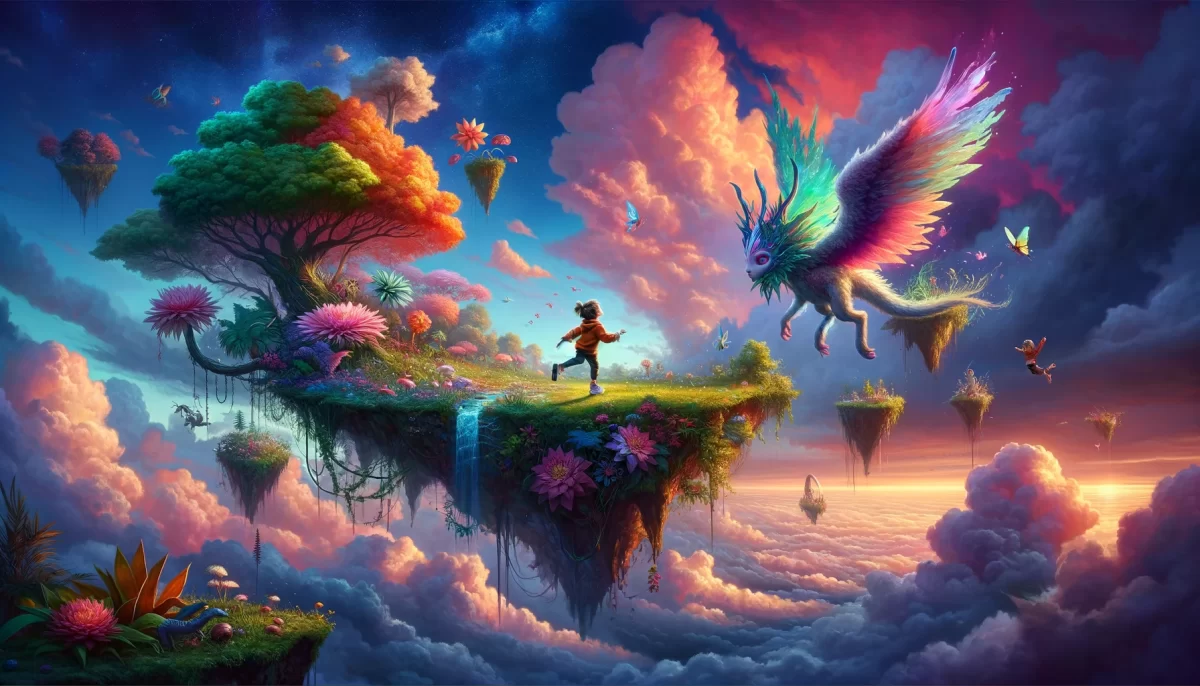
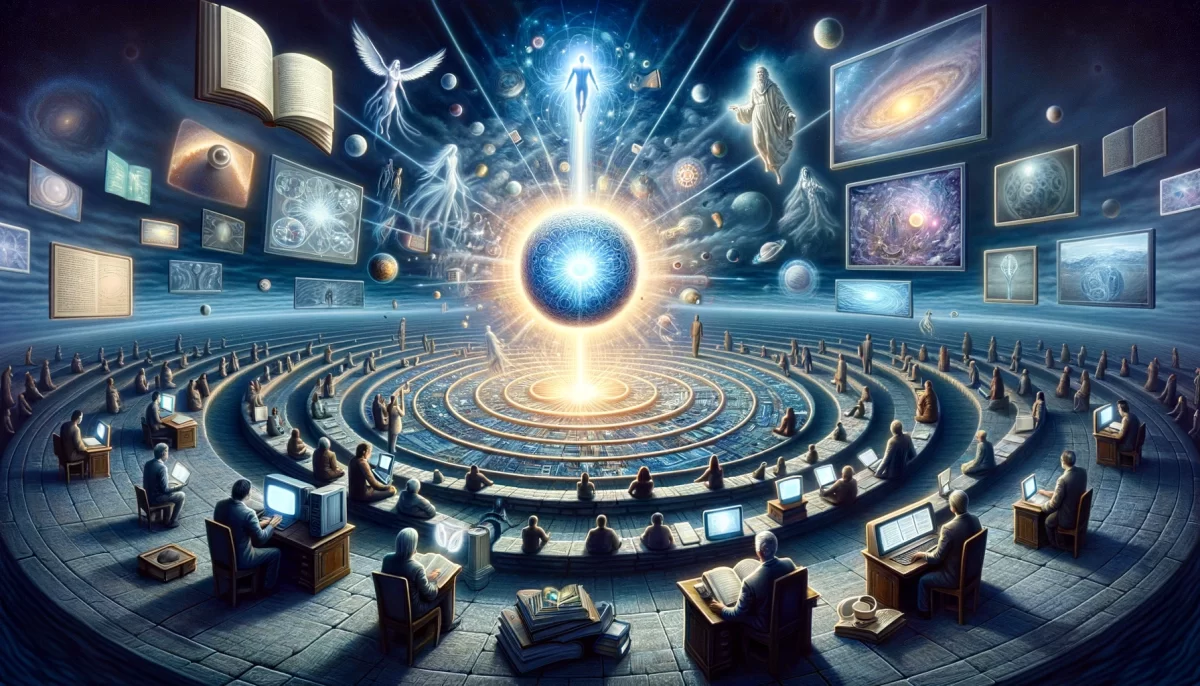
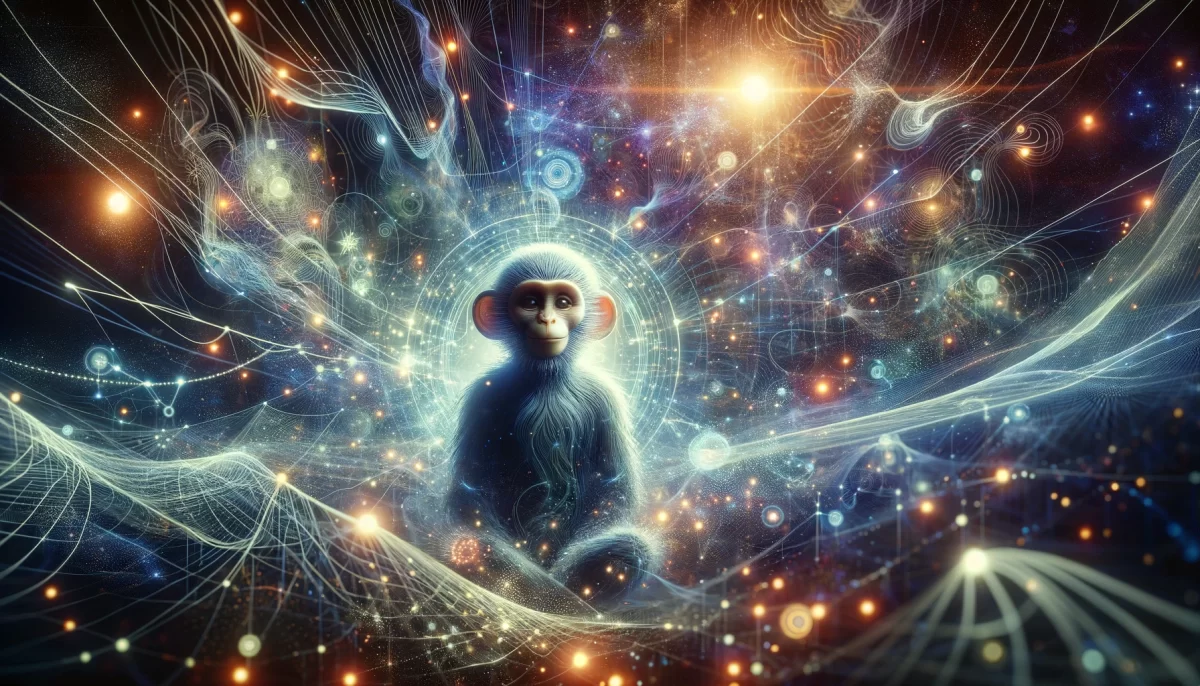

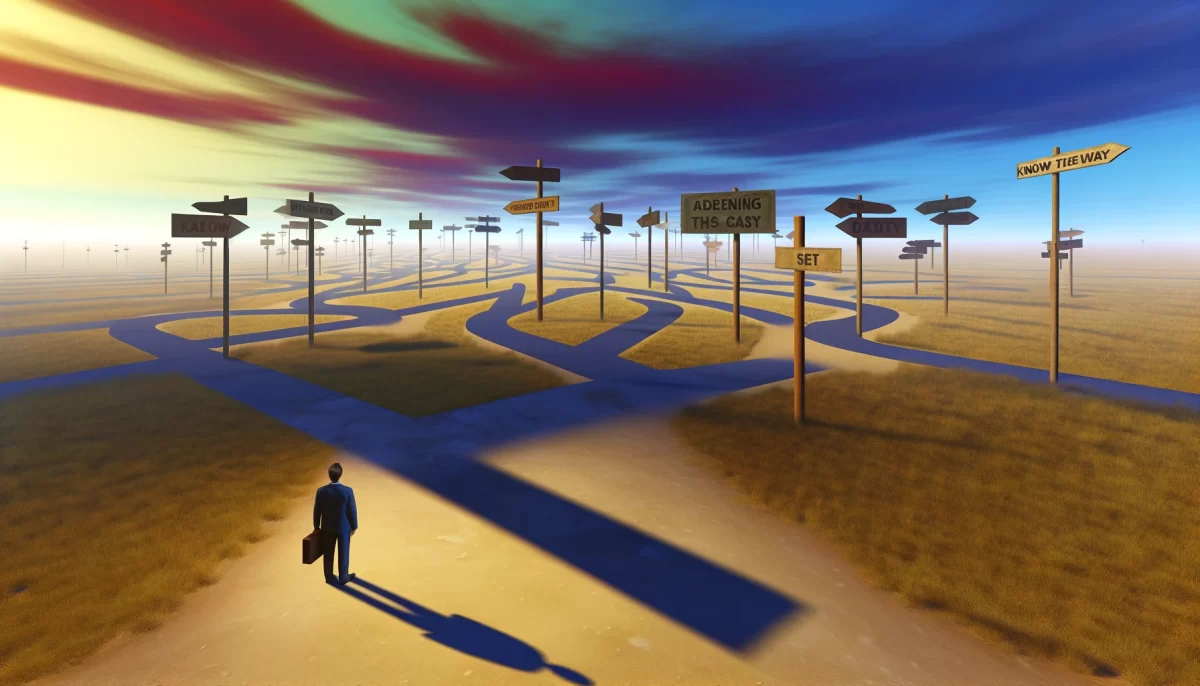
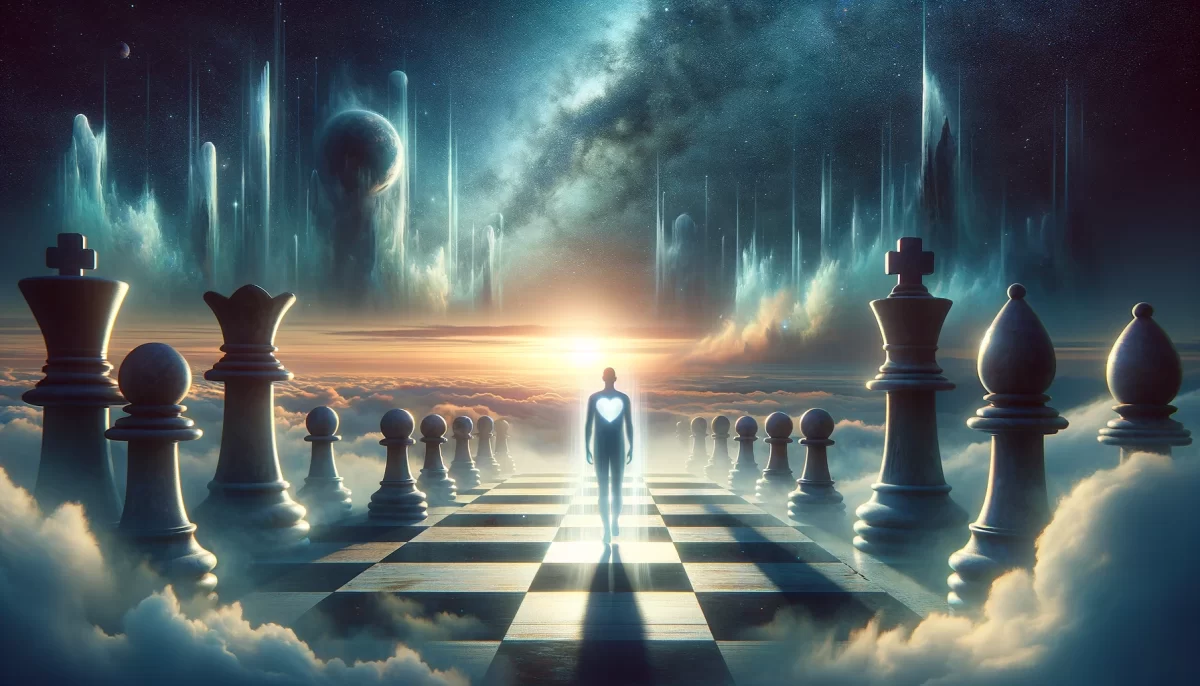
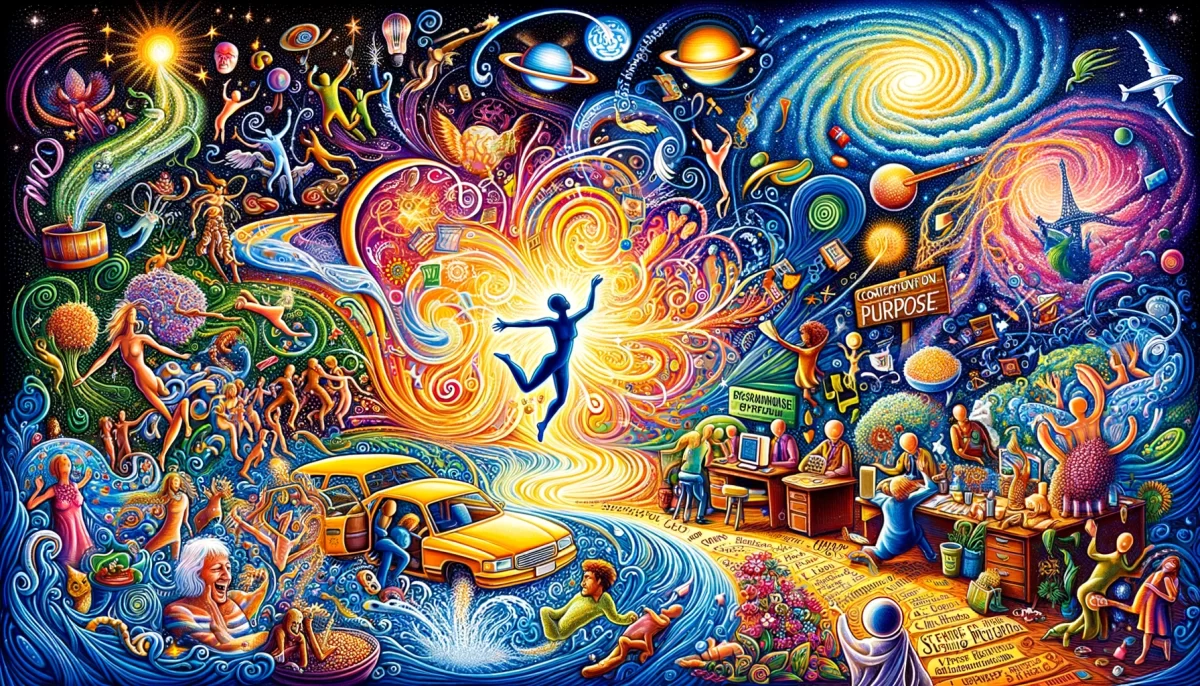

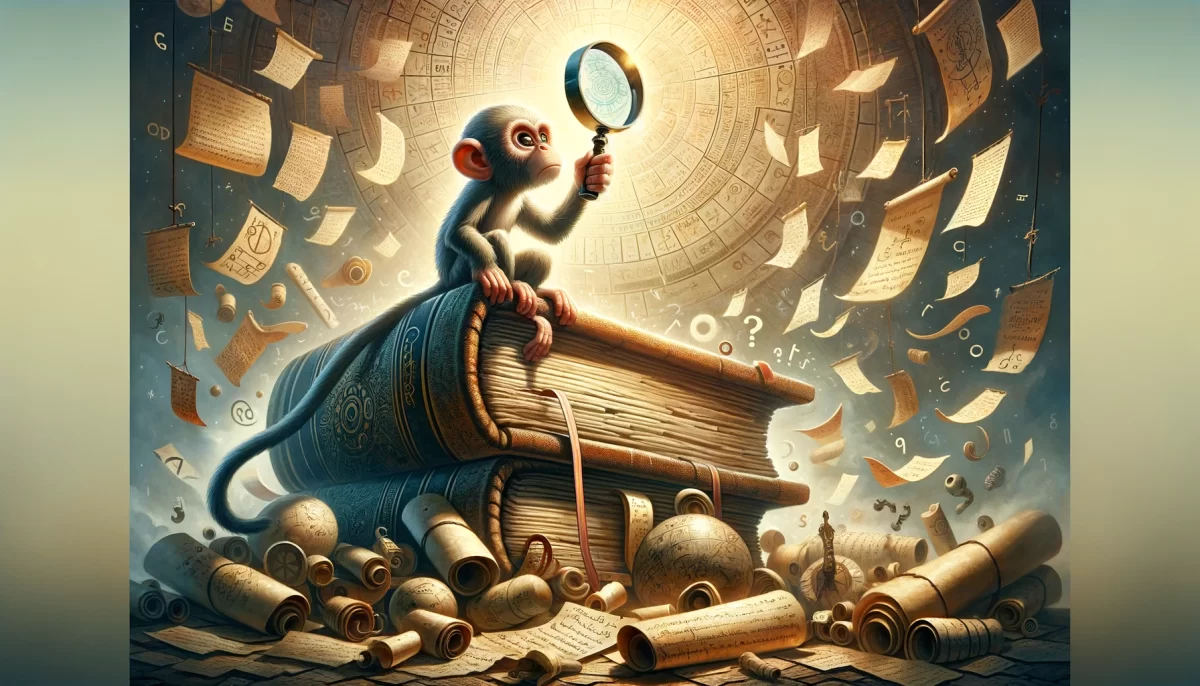
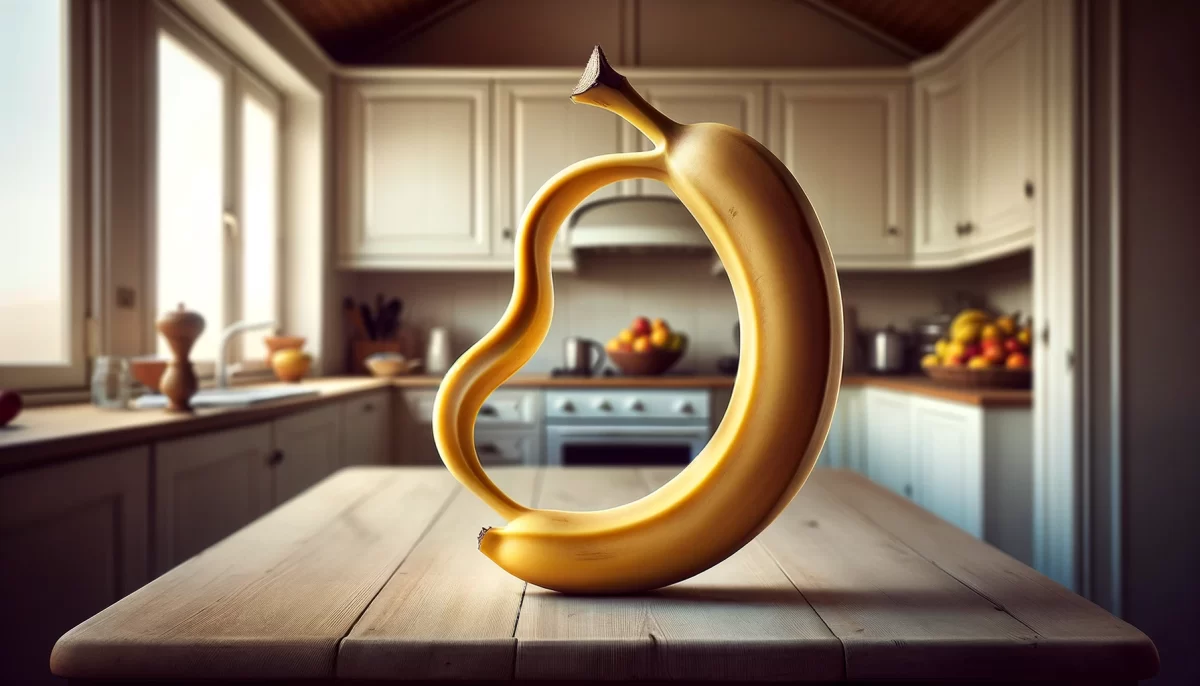

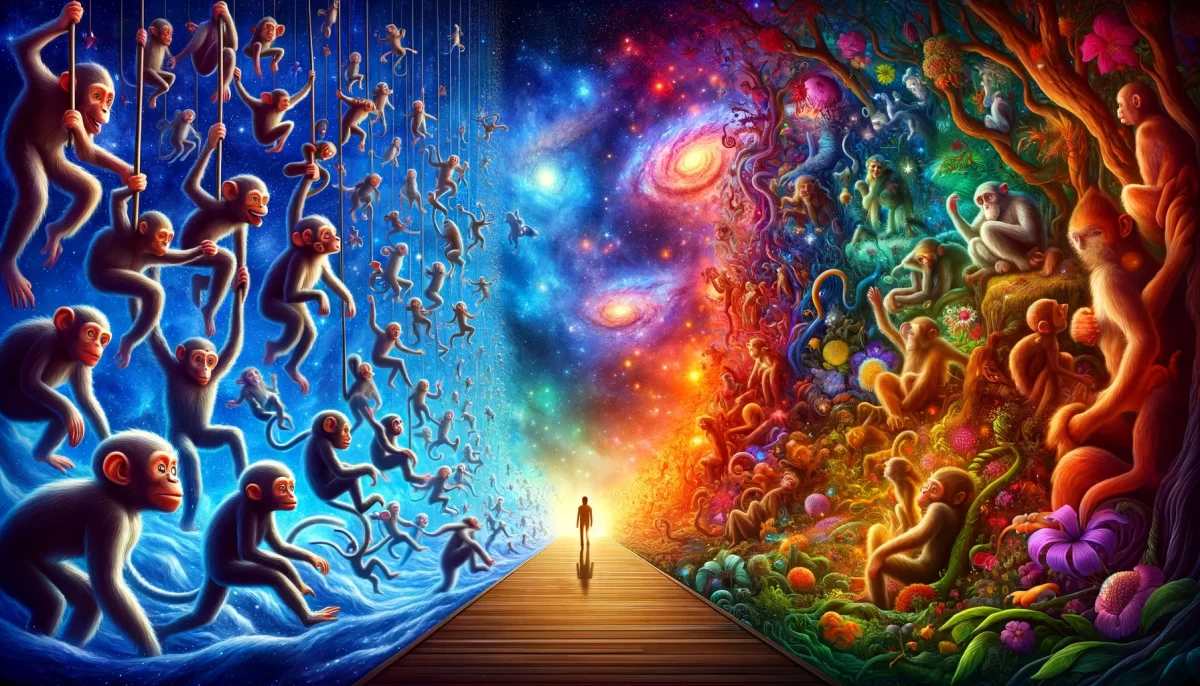
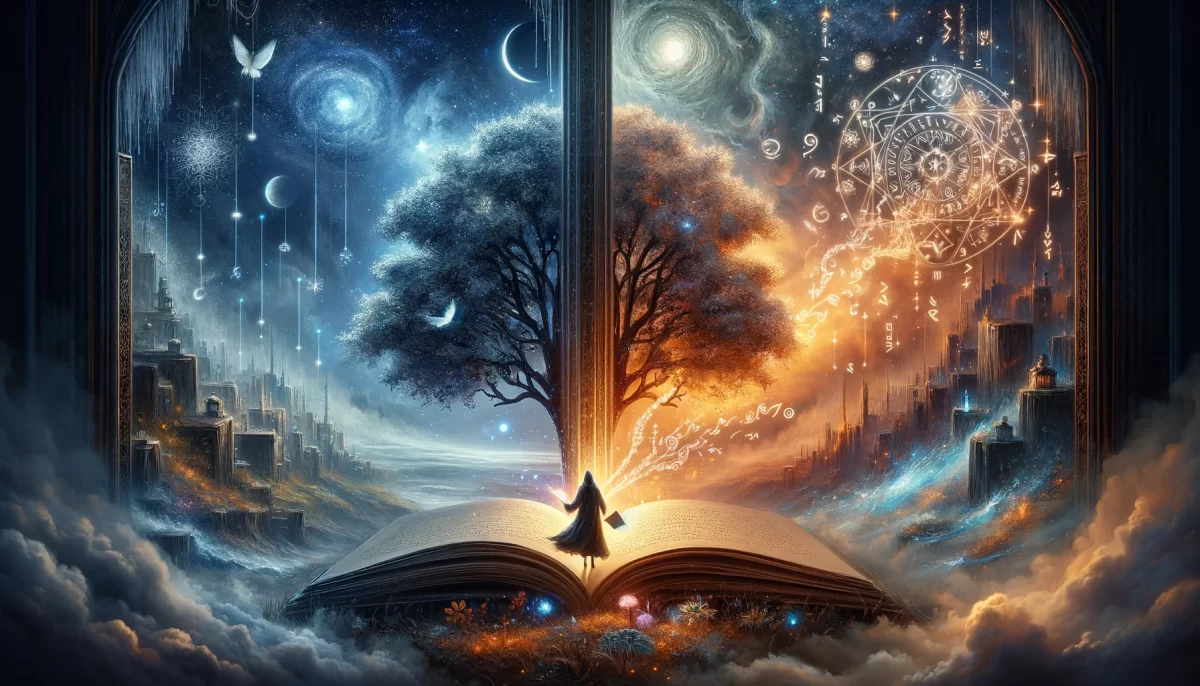

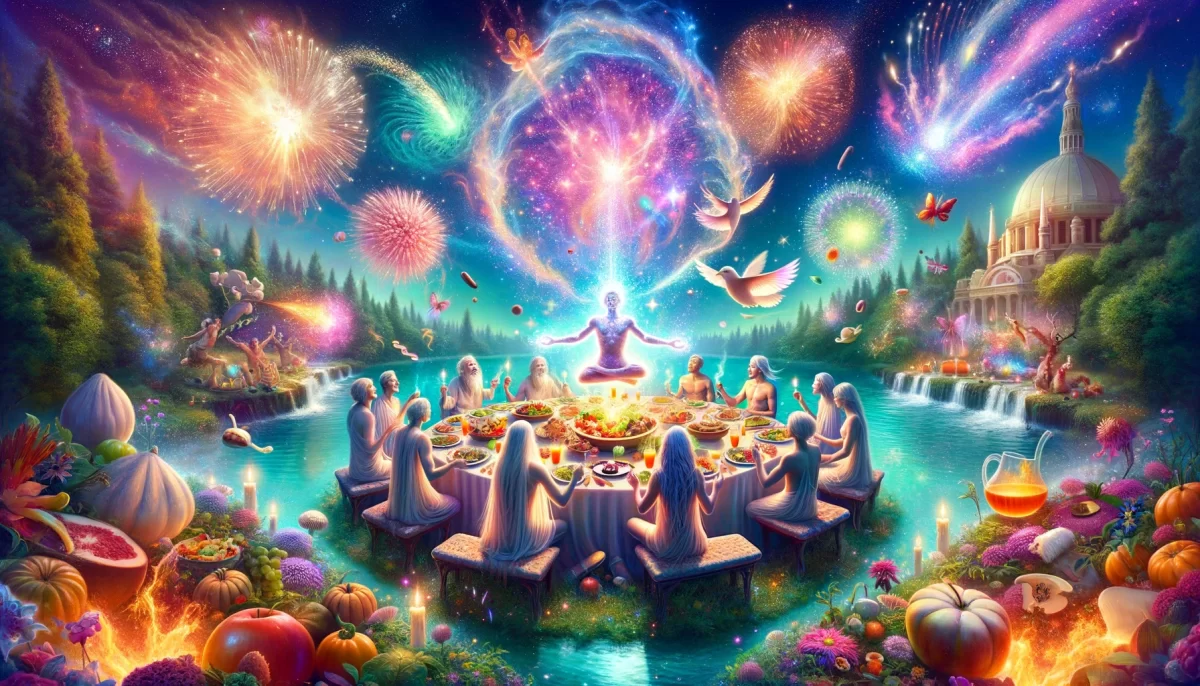



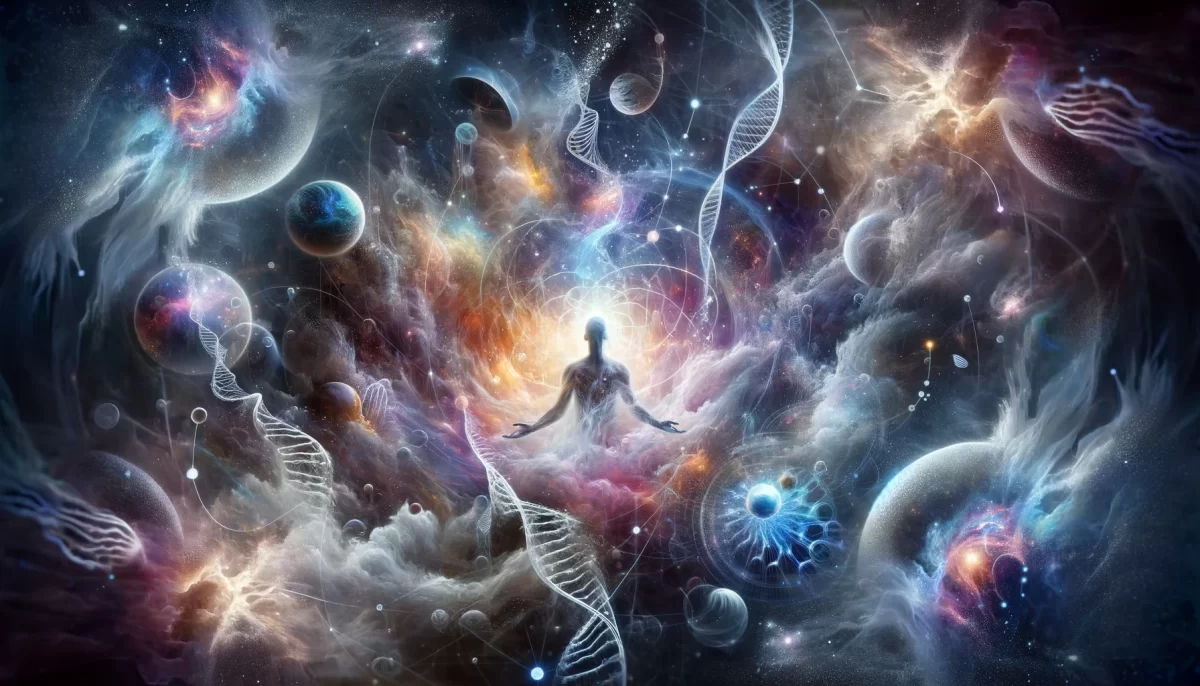

Leave a Reply